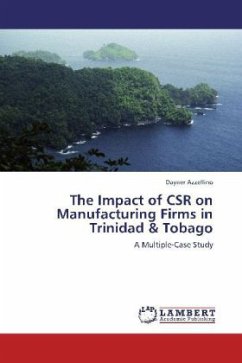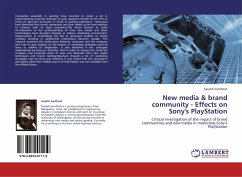In this multiple-case study, the impact of Corporate Social Responsibility (CSR) on three manufacturing firms in Trinidad and Tobago (T&T) was explored. The problem studied was the lack of CSR awareness, transparency, and formality in T&T firms, which was detrimental to government and private-public sector partnerships in building a caring society through Human Resource and business infrastructure development. The study explored perceptions of CSR among 18 supervisors and managers, activities planned and executed, as well as social and financial results. Data was analyzed from four perspectives involving impact on: employees, external stakeholders (customers, suppliers, communities, and environment), firm performance, and image. Results indicated that CSR initiatives could be implemented effectively after structural and procedural foundations were established. Program efficiency was enhanced by inclusion of CSR in strategic planning and adapting structures for involvement of employees and stakeholders. Implications for social change include facilitating formal efforts to reduce the negative impact of manufacturing firms on employees, environment, and community.
Bitte wählen Sie Ihr Anliegen aus.
Rechnungen
Retourenschein anfordern
Bestellstatus
Storno








